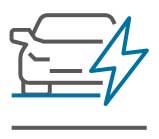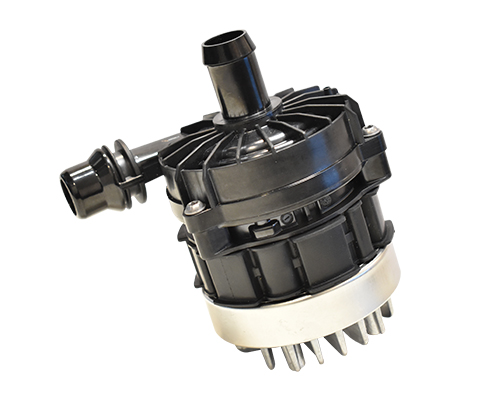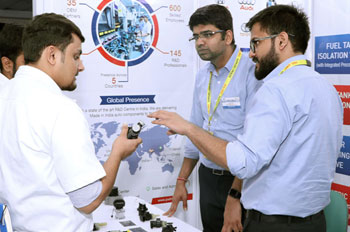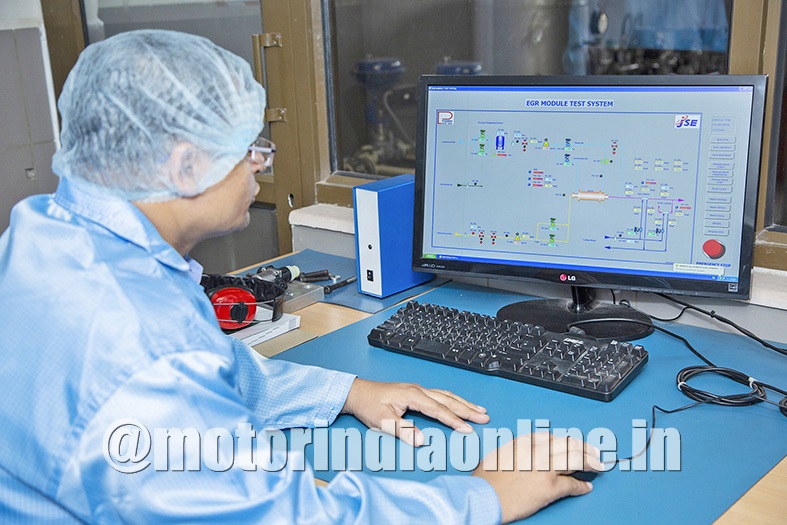PV CLEAN MOBILITY TECHNOLOGIES is Driven by Purpose of Innovating for a Sustainable automotive future, Localising Global Technologies for Selfreliance, Prioritise Quality, and Deliver cost-effective solutions for clean and efficient propuksion in the subcontinent
Gurugram, India-based PV Clean Mobility Technologies is a joint venture, between India-based leading manufacturer of advanced auto components for the automobile industry — Padmini VNA Mechatronics and international supplier for modern drive technologies for sustainnable mobility — Germany-based Vitesco Technologies.
The company says the joint venture was formed in 2020 with a commitment to deliver world-class technical solutions to customers in India and globally. Ananda Reddy, CEO, PV Clean Mobility Technologies shares his thoughts on how the company’s state-of-the-art technical capabilities can help deliver world-class quality, best-in-class customised products for electric, hybrid, and combustion engines for discerning customers.
PV Clean Mobility’s core product area has been ICE powertrains. How do you plan to mitigate impact from new technologies like EVs and fuel-cell vehicles? What are the plans to foray in these segments?
PV Clean Mobility Technologies’ portfolio for ICE solutions has been dominating the overall share of business, Fuel Delivery Modules contributes a significant share to our overall revenue and this business is still growing for us. However, our efforts have always been to focus on new technology development and upgradation to sustain the business growth. We are investing in products like Electric Actuator, Electronic Throttle Control Valve, Low Pressure EGR Valve and a few others.
What solutions are you offering for EVs?
We have developed new solutions for Hybrids and Electric Vehicles like Electric Water Pump and Coolant Flow Control Valves and Temperature Sensors. We are offering advanced technology solutions at highly competitive quality and cost. We have already partnered with a few OEMs for smart Thermal Management solutions for the Battery and Traction cooling systems. I personally see a huge potential of growth for the Thermal Management solutions in Hybrids and EVs. Also, we are in advanced development for alternative fuels for future powertrain technologies. So, I would say the pie is already shared among these segments and the business will grow with the market adaptation of these powertrain technologies
Read More


























































